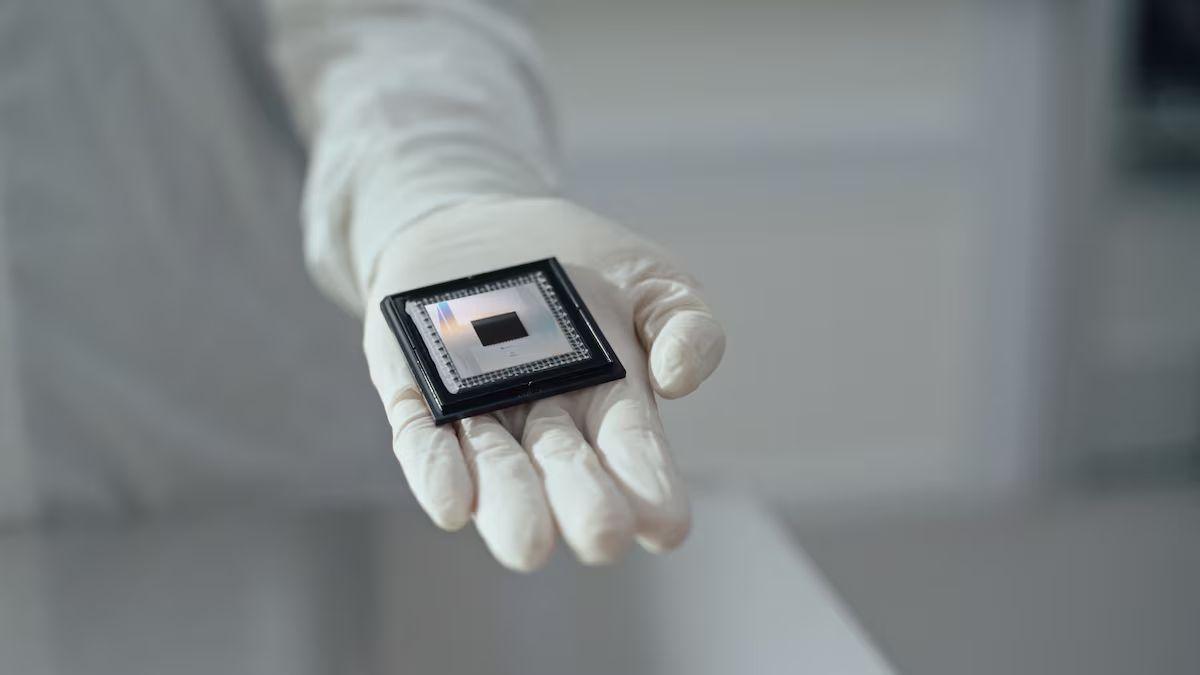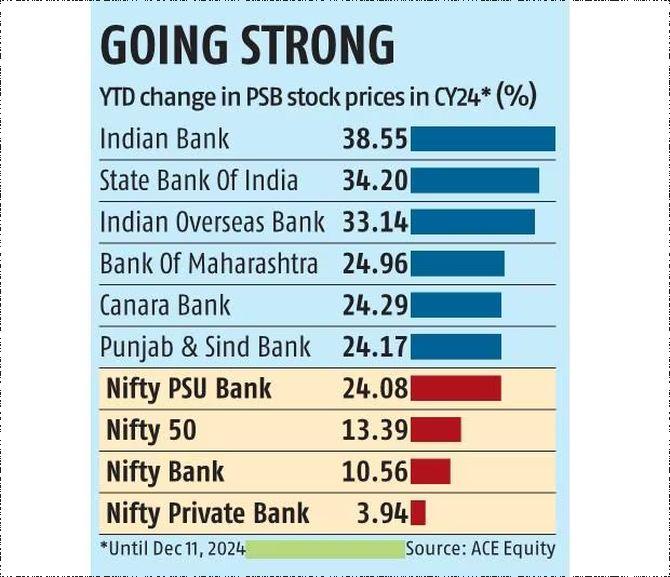With Google announcing the milestone of Willow — a state-of-the-art quantum computing chip that can solve complex problems in under five minutes, a computation so complex it would have taken a supercomputer around 10 septillion (10^25) years to complete — tech experts believe this breakthrough could impact artificial intelligence (AI), particularly by making it more accessible to the masses.
Google Quantum AI’s Willow chip. Photograph: Google/Handout via Reuters
However, industry players caution that it may take several years for this innovation to become commercially viable.
Many are optimistic that Willow could also provide momentum for India’s Quantum Mission initiative.
Pankit Desai, co-founder and chief executive officer of Sequretek, views Willow as a potential game changer in an AI hardware space currently dominated by Nvidia.
“After a long time, something truly promising has been announced,” he said.
However, he also noted that it could take several years for Willow to reach commercial readiness.
“Quantum computing has long struggled with stability and error correction,” Desai explained.
“With Willow, Google claims that by adding matrices, errors are decreasing, and they now have a stable qubit.
“While this is promising, it will likely take a few years before it becomes commercially viable.
“That said, we should approach this cautiously, much like how AI took years to evolve into what it is today.”
Desai also pointed out that Willow primarily addresses computing challenges.
“Currently, only the computational aspect has been tackled.
“Applications, usability, acceptability, and accessibility will need to undergo their own evolution,” he added.
Jaspreet Bindra, co-founder of AI&Beyond, agrees with Desai.
“Google’s latest Willow chip represents a big leap in quantum computing capabilities, offering a glimpse into the future of computational power.
“Imagine starting a complex calculation at the birth of the universe — a problem so intricate that even today’s supercomputers would still be working on it.
“With Willow’s design, a quantum computer could solve it in just five minutes.”
From an AI perspective, Bindra noted that advancements like Willow could revolutionise the training and optimisation of AI models.
Faster and more efficient processing of massive datasets could pave the way for groundbreaking AI-driven research and applications.
The milestone is particularly significant for India, given its Quantum Mission and ambitions in AI.
Experts believe that Willow’s capabilities represent a substantial advancement in quantum computing.
For a country like India, where scalable solutions are essential, this innovation could greatly benefit its citizens.
“The success of Google is a shot in the arm for India’s mission, as this demonstrates the feasibility and great potential of quantum computing and will act as motivation to strengthen the ecosystem.
“Google’s breakthroughs can serve as benchmarks for India’s quantum research, helping Indian scientists understand state-of-the-art techniques.
“India should speed up its development, collaborate and share knowledge with Google, and focus on applications and algorithm development,” said Ashok Chandak, president of IESA.
India’s National Quantum Mission, launched in April 2023, is a pivotal step toward advancing the nation’s capabilities in quantum science and engineering.
Approved by the Union Cabinet on April 19, 2023, with a budget of Rs 6,003.65 crore, the mission aims to nurture scientific and industrial research and development (R&D) and establish a vibrant, innovative ecosystem in quantum technology by 2030-31.
Key objectives include developing intermediate-scale quantum computers with 50–1,000 physical qubits (quantum bits) over the next eight years using platforms like superconducting and photonic technologies.
“While it’s unclear how directly Google’s Willow chip will influence India’s quantum initiatives, such breakthroughs highlight the importance of robust R&D investments,” Bindra noted.
“They also underscore opportunities for collaboration and the potential for global advancements to spill over into India’s quantum efforts.”
However, concerns persist about the broader implications of quantum computing.
Its ability to solve complex problems could pose challenges to cybersecurity.
“In the security world, this is a major concern,” Desai warned.
“Quantum computing could make it easier to breach systems.
“Traditional algorithms won’t work the way they do today, and new approaches will be needed.
“But before this happens, quantum computing must become mainstream and widely accessible.”
Bridging the Gap
- Many are optimistic that Willow could provide momentum to India’s Quantum Mission initiative
- However, it may take several years for this innovation to become commercially viable
- Concerns remain about the broader implications of quantum computing
- Its ability to solve complex problems could pose significant challenges to cybersecurity




